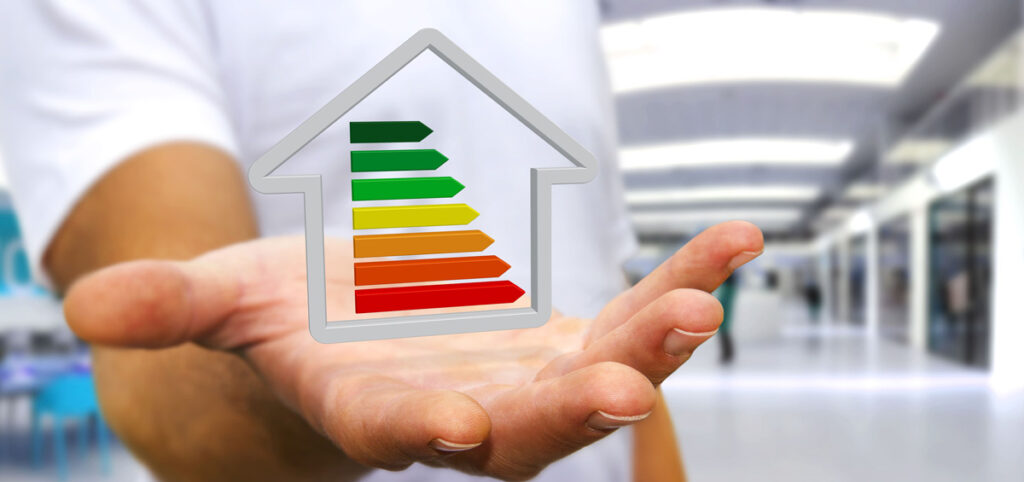In an era where sustainability and environmental consciousness are at the forefront of our minds, enhancing the energy efficiency of our homes has never been more important. Not only does it contribute to a greener planet, but it also helps homeowners save money on energy bills. If you’re looking to make your home more energy-efficient, here’s a comprehensive guide to get you started on the path towards a more sustainable and cost-effective living space.

1. Conduct a Home Energy Audit:
Before embarking on any energy efficiency improvements, it’s essential to understand how your home currently consumes energy. Consider hiring a professional for a thorough energy audit, or you can perform a DIY audit using online tools and checklists. Identify areas where energy is being wasted, such as drafts, inefficient appliances, or outdated insulation. This audit will serve as the foundation for your energy efficiency strategy.
2. Upgrade to Energy-Efficient Appliances:
Older appliances tend to be less energy-efficient, consuming more electricity and contributing to higher utility bills. Consider replacing outdated appliances with Energy Star-rated models. These appliances are designed to meet strict energy efficiency guidelines, reducing your energy consumption without sacrificing performance. Focus on high-energy users like refrigerators, washing machines, and HVAC systems for maximum impact.
3. Seal Air Leaks and Insulate:
A well-insulated home is a key factor in maintaining a comfortable indoor temperature and reducing the strain on your heating and cooling systems. Identify and seal air leaks around windows, doors, and other openings. Invest in quality insulation for your attic, walls, and basement. Proper insulation not only keeps your home warmer in the winter and cooler in the summer but also helps you save on heating and cooling costs throughout the year.
4. Install Programmable Thermostats:
Take control of your home’s heating and cooling by installing programmable thermostats. These devices allow you to set specific temperatures for different times of the day, ensuring that your HVAC system operates more efficiently. Lowering the thermostat during the night or when you’re away from home can lead to significant energy savings over time. Some smart thermostats even learn your habits and adjust automatically for optimal energy efficiency.
5. Harness Solar Power:
Consider harnessing the power of the sun to generate clean, renewable energy for your home. Solar panels have become more affordable and efficient in recent years, making them a viable option for homeowners looking to reduce their dependence on traditional energy sources. Evaluate your home’s solar potential and explore financing options or government incentives to make the transition to solar power more accessible.
Improving energy efficiency in your home is a win-win scenario. Not only does it benefit the environment by reducing your carbon footprint, but it also puts money back in your pocket through lower energy bills. By conducting a thorough energy audit, upgrading appliances, sealing air leaks, installing programmable thermostats, and considering solar power, you can transform your home into a more sustainable and cost-effective haven. Embrace the power to make a positive impact on both your wallet and the planet by implementing these energy-efficient practices in your living space.
